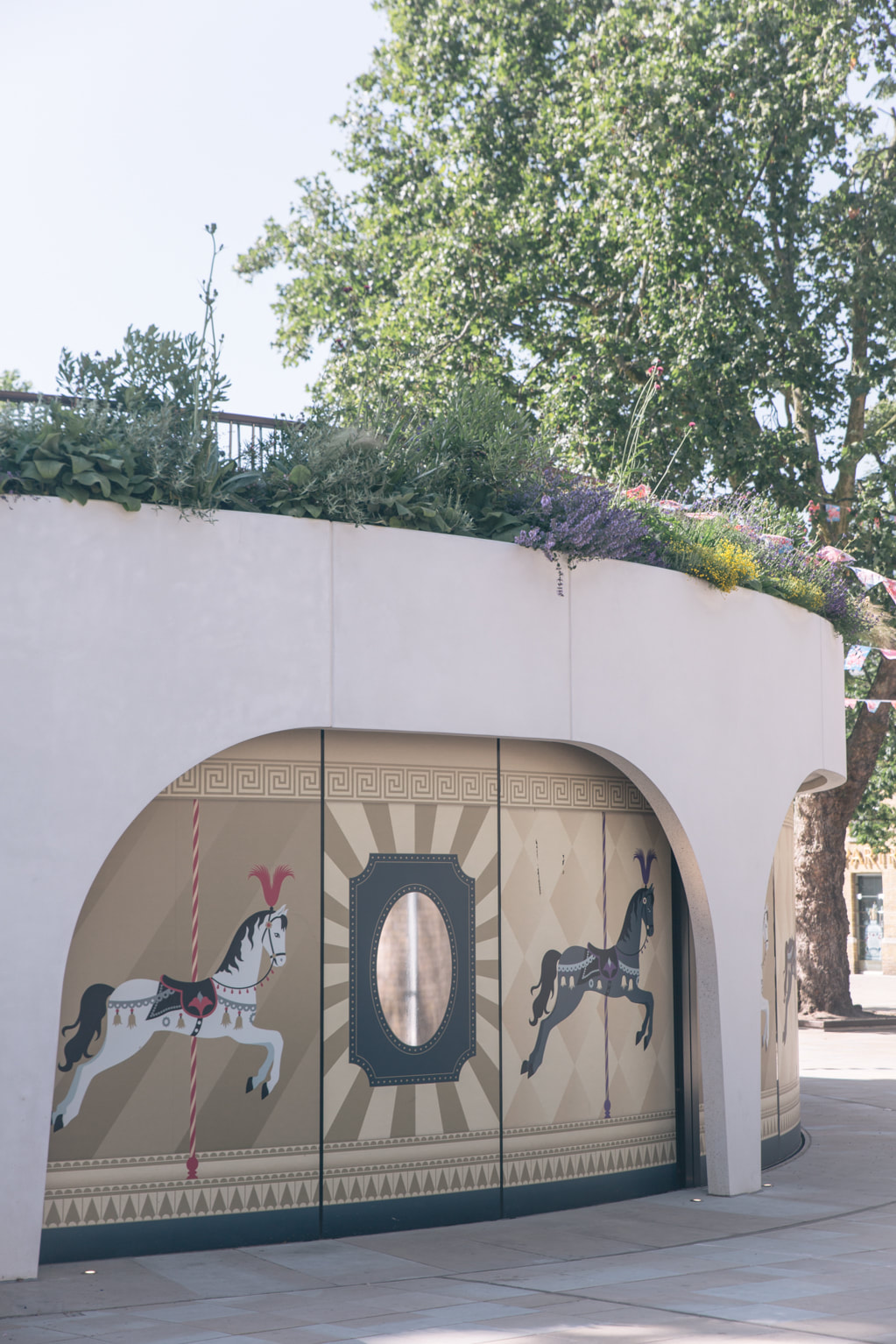|
Play activities are essential to children. According to one Harvard report, playing improves physical, emotional, intellectual, and social development for children. And while there are skills that your child can acquire when they play alone, some skills are best learned on a public playground. itical skills for children is social skills. It is one of the most important life skills that can enable your child to navigate through life's challenges. After all, nobody lives in a vacuum. Here's how play helps develop life skills in children:
1. When playing, children form new friendships Children don't pay attention to gender, class, or race. All they care about is having fun. And when you put them on a playground with other people, they will start interacting with each other at some point. And that's how they form new relationships that can lead to a lifetime of friendship. So if you think that your child will benefit from having some friends, visit your local flying fox playground. Supervise from a distance and give your child the chance to do what comes naturally. And even if your child is shy, there are plenty of bolder children. They will reach out and begin social interactions with your young one. 2. Children learn to communicate when playing You need to communicate well with your kid. Communication involves listening and expressing yourself. Even paying attention to social cues is part of communication because it enables you to determine what to say and how to say it. For your child to learn to communicate, they need to socialise. While you might be doing your part as a parent to communicate, it also helps to let your child talk to those who are of the same age. Children will improve their communication skills as they interact and decide which games to play. 3. Playing teaches children to share No matter how big public playgrounds are, the resources are limited because of the number of children that need to share them. For that reason, children learn how to work together to improve their own experiences. They will learn how to share those resources by figuring out if more than one person can use the equipment available or if everyone has to wait for their turn. When children learn to share, they grow up into empathetic adults. That's because they develop a sense of fairness and justice. And that makes them good human beings who are selfless. 4. Children learn teamwork when playing Another benefit of socializing on public playgrounds is that children learn teamwork. Some games cannot be played by one person. And others are more fun when they involve several children working together. A good example is see-saws. Groups of children can also solve puzzles. When children play together, they learn to cooperate so that they can enjoy themselves more. They also learn that there is strength in numbers. Learning to be part of a team will help your child gel with others in the workplace in the future. Group activities also enable children to take a loss much easier. The earlier your child learns that life does not always work out, the more capable they will be of overcoming disappointments. Since teamwork helps to distribute losses, your child will develop this skill fast. Social skills are necessary for every child because they help them interact well with society at large when they grow up. Your child should spend time with his or her peers to learn some necessary social skills. So take advantage of that flying fox playground in your area and give your child a chance to form new relationships.
0 Comments
Leave a Reply. |
A travel, beauty and lifestyle blog with the occasional afternoon tea by Angelina BelleCategories
All
Archives
June 2024
This website uses marketing and tracking technologies. Opting out of this will opt you out of all cookies, except for those needed to run the website. Note that some products may not work as well without tracking cookies. Opt Out of Cookies |



 RSS Feed
RSS Feed